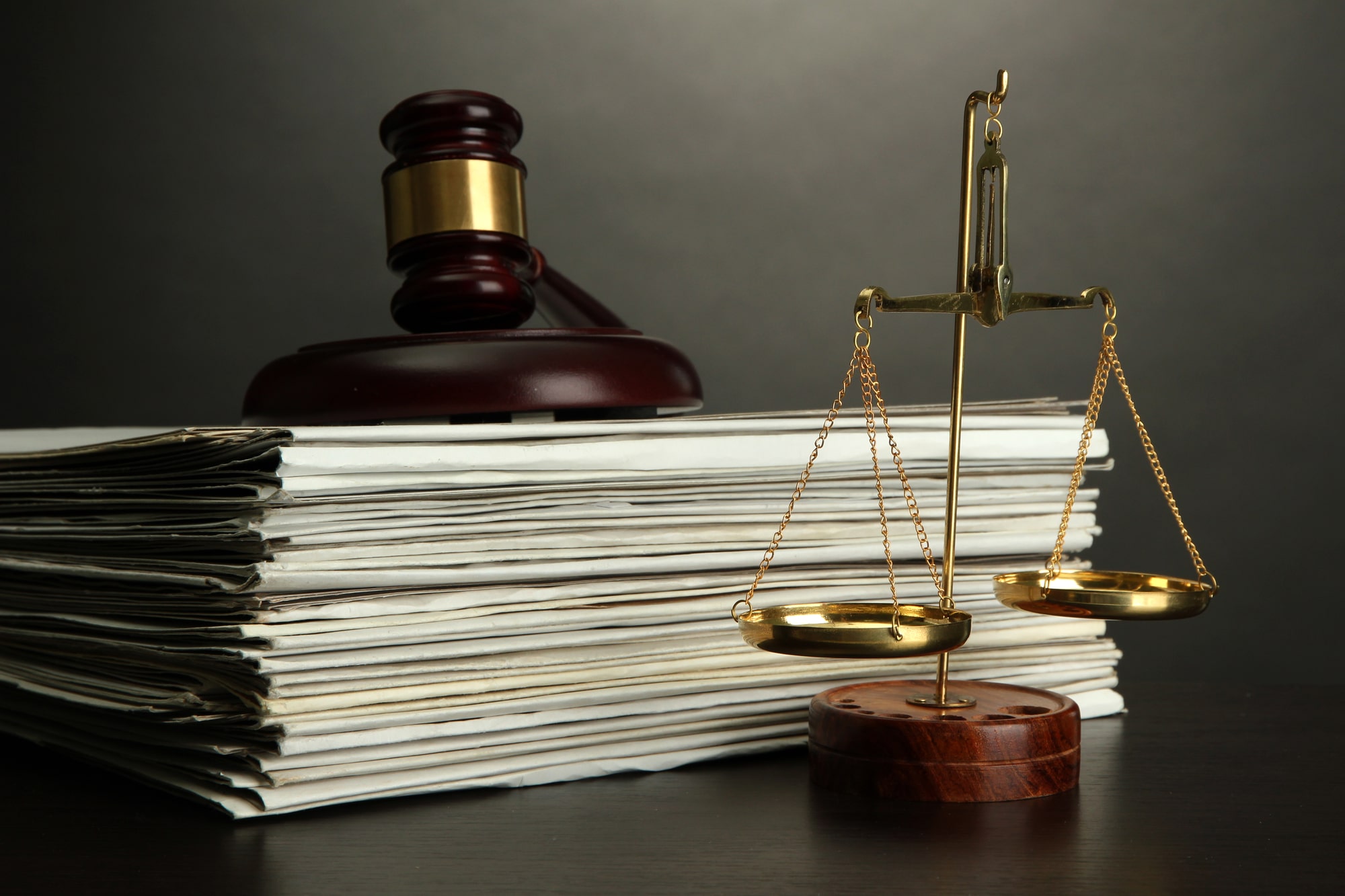A DUI (Driving Under the Influence) arrest is a serious legal matter that can have far-reaching consequences. It’s essential to understand the arrest process to ensure you are aware of your rights and responsibilities if you find yourself in such a situation. In this blog, a DUI lawyer from our friends at The Lynch Law Group guide you through the typical DUI arrest process, from initial stop to potential legal consequences.
- Traffic Stop: A DUI arrest often begins with a traffic stop by law enforcement. This stop can occur for various reasons, including erratic driving, speeding, or running a red light. During the stop, the officer may look for signs of impairment, such as slurred speech, bloodshot eyes, or the smell of alcohol.
- Field Sobriety Tests: If the officer suspects you may be impaired, they may ask you to perform field sobriety tests. These tests can include walking in a straight line, standing on one leg, or following an object with your eyes. Failing these tests can provide probable cause for an arrest.
- Preliminary Breath Test (PBT): In some jurisdictions, officers may administer a PBT to measure your blood alcohol concentration (BAC) at the scene. However, the results of the PBT are usually not admissible in court.
- Arrest: If the officer has sufficient reason to believe you are impaired, you may be placed under arrest. You will be informed of your Miranda rights, including the right to remain silent and the right to an attorney.
- Post-Arrest Chemical Test: After the arrest, you will typically be taken to a police station or a designated testing facility for a chemical test to measure your BAC. This can be a breath test, blood test, or urine test, depending on the jurisdiction.
- Booking: Following the chemical test, you will be booked, which includes taking your personal information and photographing you. You may also be fingerprinted.
- Release or Detainment: Depending on the circumstances and your BAC level, you may be released on bail or detained in custody until your court appearance.
- Court Appearance: You will be scheduled for a court appearance where you will face charges related to your DUI arrest. During this appearance, you will have the opportunity to enter a plea.
- Potential Penalties: If you are convicted of a DUI, you may face a range of penalties, including fines, license suspension, mandatory alcohol education programs, probation, or even jail time, depending on the severity of the offense and your prior record.
- Legal Defense: It’s essential to consult with an experienced DUI defense attorney who can review your case, assess the evidence against you, and provide legal guidance throughout the process.
- DMV Hearing: In addition to the criminal court process, you may also have to attend a DMV hearing to address the potential suspension of your driver’s license.
The DUI arrest process can vary by jurisdiction and the specific circumstances of the case. It’s essential to remember that you have legal rights, and it’s in your best interest to exercise them. This includes the right to remain silent and the right to legal representation.
Avoiding impaired driving altogether is the best way to prevent a DUI arrest and its associated consequences. If you do find yourself facing a DUI arrest, understanding the process and seeking legal advice is essential to ensure that your rights are protected and to explore potential defenses.


